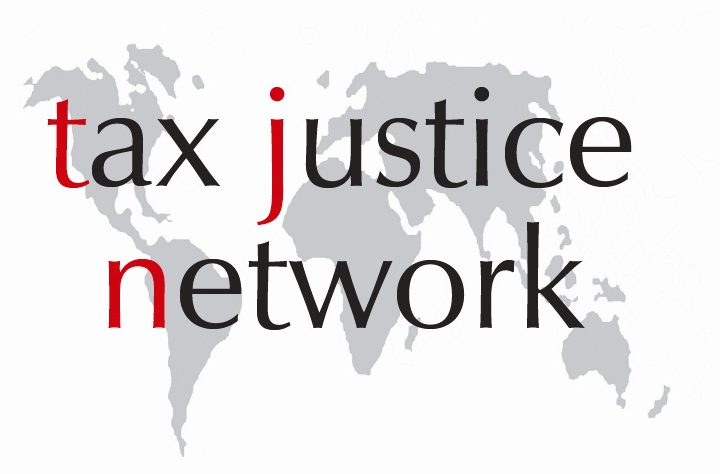Updated with additional information about Correa’s administration and exposés in the Panama Papers scandal; scroll down.
Ecuador’s president Rafael Correa has published a significant statement about international tax governance, and specifically the prospect of creating a global tax organisation. This is particularly important, given that Ecuador has just assumed the presidency of the G77 group of developing countries.
“A rapidly growing global web of tax havens is one of the key drivers of this inequality . . .
No one country can tackle this complex, secretive global financial conspiracy alone. Coordinated and comprehensive global action is needed. Current moves towards greater transparency about the initial owners of money held in shell companies can be part of the solution, but modest efforts at achieving greater transparency are not enough. We need to scrap tax havens altogether.
Continue reading “Ecuador’s president calls for global tax body”













